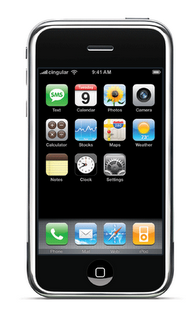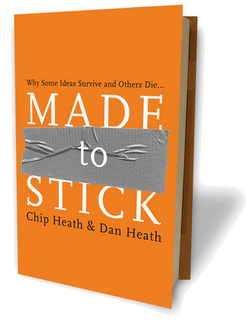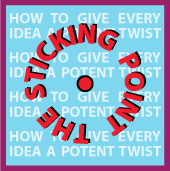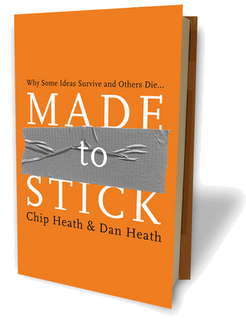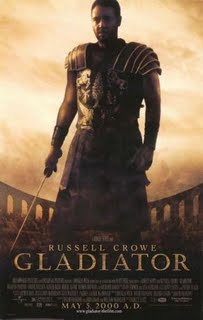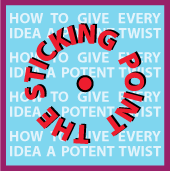Future Blind Part 2: Photoshopping

In another case of the ridiculous... the French lawmakers are considering making photoshopping illegal!
Last week, we had the Victorian government body Vicroads bringing in laws to limit GPS enabled smartphones only to be used as phones within a motor vehicle.
We labelled this a classic case of 'future blind' where some one makes a decision that is at odds with what is happening or most likely to happen.
Mashable via The Telegraph report a proposed law in France will require a warning for all images in newspaper and magazine advertising, press photos, product packaging, etc. Like a packet of cigarettes a health warning will be required along the lines of: Retouched photograph aimed at changing a person's physical appearance." Otherwise, you'll be fined big dollars.
Still laughing?
The idea came from a report authored by a French MP on anorexia and bulima. Supposedly, photoshopped photos are presenting a biased and idealised human form in the photos and therefore, it's a health issue...
Well I'll be... I guess we should smash all the greek sculptures too! Weren't they designed to portray an idealised human form too?
Also, doesn't this pre-suppose that photos are real? Since when did anyone believe that a photo was not photoshopped? My presumption is that all commerical photos are photoshopped in some way... at least in ads! Am I just a sceptic or merely pragmatic?
What's your thought? Do you expect commercial photos to be photoshopped? Do you care?
Labels: Future Blind, Mashable, Photoshop, Photoshopping

